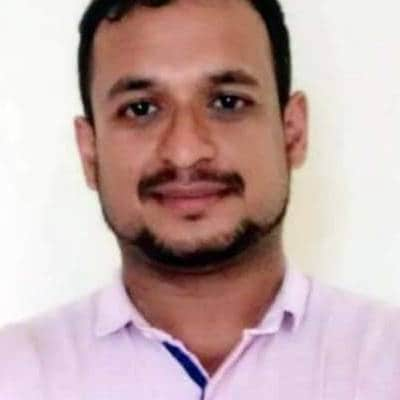 ‘The library has become a convergence destination in Pune’ Director (West India) Helen Silveste.
‘The library has become a convergence destination in Pune’ Director (West India) Helen Silveste.
In the age of digitisation, a library reaching its 60th anniversary is no mean feat. Helen Silvester, director (West India) of the British Council, traces the evolution of the present avatar of the British Council Library in Pune. Excerpts from the conversation:
Tell us about the history of the British Council Library.
We began as the British Library at Ranade Institute in 1960 and later moved to Fergusson College Road in 1965, where the British Council Library served as a knowledge centre and learning space for Pune residents. It moved to Shivajinagar in 2017. With a wide variety of books, journals, newspapers, magazines and DVDs for young learners, students, professionals, freelancers, teachers and parents, there has been something for everyone at the British Council Library.

Today, it is no longer just a library. To cater to the contemporary, cosmopolitan culture of the city, it has evolved into a cultural hub. Our members get access to a variety of interactive programmes, like book club meets and launch events, talks by experts in the ‘Watts Up Pune’ series, expert seminar series such as ‘Café Scientifique’, and cultural initiatives, like storytelling workshops, poetry sessions and fun games, summer school programmes for children and IELTS preparation workshops.
Story continues below this ad
Pune is known for educational and professional opportunities as well as the vibrant lifestyle it offers to its residents. In this context, the British Council Library has grown to become a convergence destination for Pune residents.
In the past 60 years, what has distinctly changed?
There is a big change in the way content is consumed. While traditional focus had been on books, the current consumption pattern is digital-first, and learning and development is no longer limited to books. The British Council library reflects this. We introduced an online library a few years ago, which today gives members access to our online resources, including over 4,000 national and international newspapers and magazines, learning games for children, software training, comics, audiobooks, academic journals from JSTOR, one of the largest digital libraries of academic journals and books required for research purpose and award-winning films on IndieFlix.
Has there been a clear transition from physical books to e-books? What has been the response?
For those who want to access content online, we have a digital offer — a member does not need to physically visit the library and access resources. However, our cultural centres remain popular. Parents, who are looking for ways to reduce screen time for their children in a structured manner, become members and trust our resources, activities and staff to build an atmosphere that supports the habit of well-rounded learning.
In terms of preference, which genre tops the list in Pune?
Literature, management and psychology are the top genres that Pune residents subscribe to from the library.
Story continues below this ad
What is the plan for the library in the future?
Over the past couple of years, we have seen a consistent increase in the number of family memberships. Last month, we brought the international Reading Challenge to India, starting with Pune. Through this, children were exposed to a new book every week for four weeks, based on the theme ‘Space Chase’. We are planning several other workshops, for example, on ‘preparing for the first job’ for young professionals.
 ‘The library has become a convergence destination in Pune’ Director (West India) Helen Silveste.
‘The library has become a convergence destination in Pune’ Director (West India) Helen Silveste.







